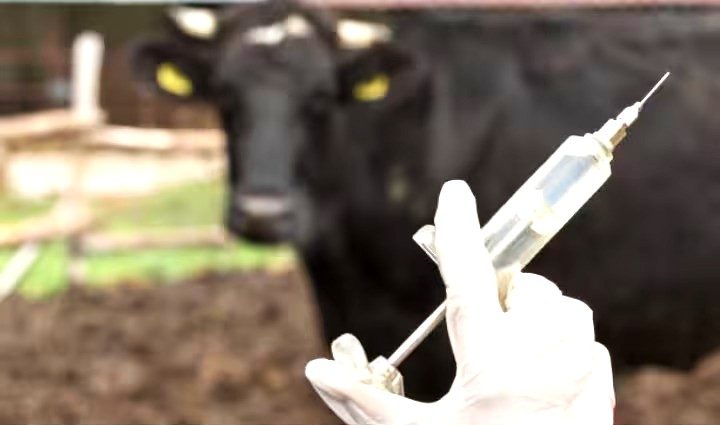
By Dr. Zulfiqar Ali Nohrio
THARPARKAR: A banned medical injection continues to circulate freely, threatening both public health and animal welfare. Oxytocin, a hormone originally developed for use in complicated animal births, has become a tool of exploitation across Sindh.
What was once a veterinary emergency solution has now been reduced to a profit-making shortcut. In farms across Sindh, animals are routinely injected with oxytocin twice a day to force higher milk yields. This reckless and repeated use of the hormone does not come without cost. It breaks down the reproductive systems of animals, rendering them infertile. Once they are no longer profitable, they are sent to slaughter. The cycle is brutal and inhumane.
But the damage doesn’t end with the animals. The milk extracted under the influence of oxytocin is toxic. Consumed daily by unsuspecting families, it introduces a host of health risks: early puberty in girls, weakened immunity, chronic fatigue, and long-term damage to reproductive health, particularly in men. Infants exposed to this milk face developmental issues, including cognitive delays and organ impairment. Women are especially vulnerable, experiencing hormonal imbalances and heightened sensitivity. It is a silent, slow-moving health crisis.
The Sindh government must take immediate and decisive action. Oxytocin must be banned outright in animal husbandry. Medical stores and individuals caught selling or administering it should face legal penalties. Wealthy livestock owners using these injections to maintain profit margins must also be held accountable—not only are they harming animals, they are poisoning the very communities that buy their products.



